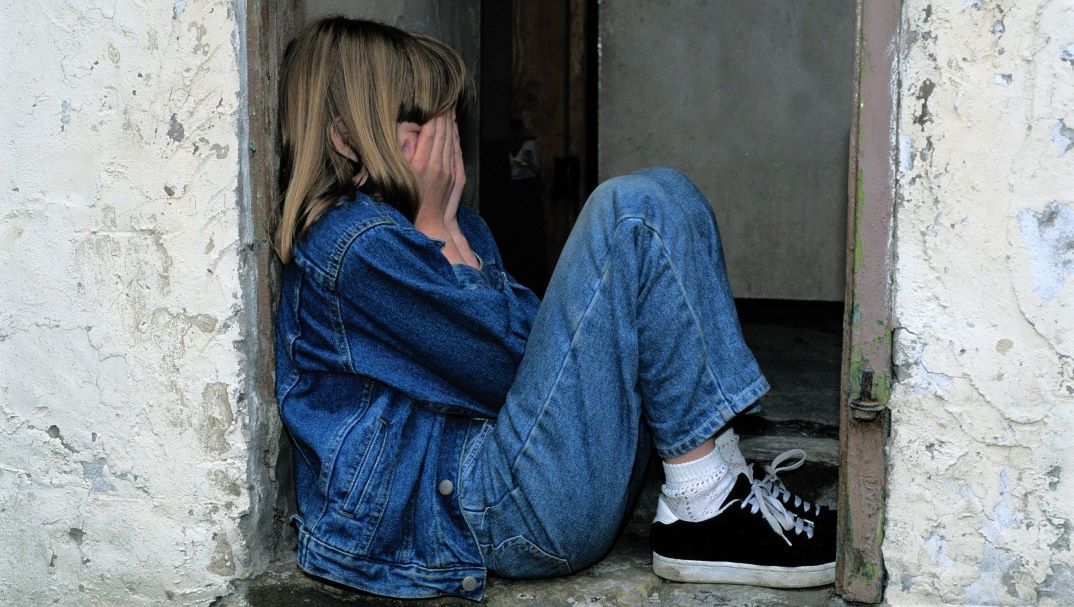
Children can usually cope with and adapt to difficult situations such as separation and divorce, but bitter, unresolved, hostile conflicts can severely damage a child emotionally. The longer the conflict continues the greater the negative impact on a child’s mental health.
Conflict brings tension, chaos, disruption and unpredictability. Children feel anxious, frightened or helpless, rather than safe and secure. They worry about taking sides and often feel responsible for the fighting. This leads both to emotional distress and feelings of guilt.
Shielding children from hostile interactions and modelling mature, respectful communications will mean your child is less likely to become argumentative and untrusting later in life.
If your relationship is in conflict, please see the links in the further information section for ways to help yourself and your children, including how and where to seek professional support if necessary.
Domestic abuse includes:
It can take many forms and it is often difficult to leave an abusive partner. There are many ways both women and men who may be victims of domestic abuse can reach out for support, but we understand how hard this may be. It is never the victim’s fault. Please see the Further Information section for links to your local council support page.
You can always call the National Domestic Violence Helpline on 0808 2000 247. This is a 24 hour advice line.
If you or someone you know is in immediate danger, please call 999. If you are unable to talk please select ’55’ after you’ve heard the automated message which starts with ‘you are through to the police’. The police will then know it is not safe for you to speak, and will ask you questions which you can answer through your key pad.






